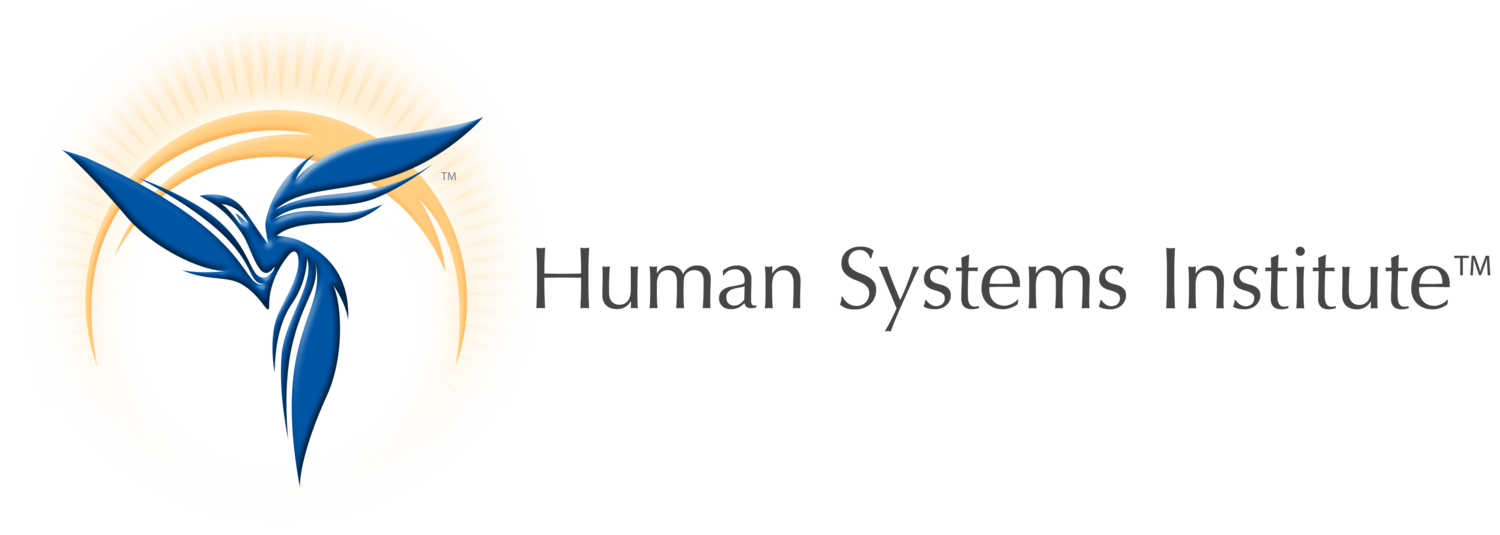How healthy is your social soma?
We underestimate the effect that our day-to-day interactions with others have on our well-being. These ordinary moments add together over time to create the social eco-system we inhabit. Even pleasant casual conversations with strangers can help us feel more alive and connected to life.
Most of us ignore the small mundane interactions we have each day. They aren’t particularly memorable and we have things to do, working, grocery shopping, fixing meals, tending kids, household maintenance, and so on. We give little thought to these micro interactions, yet we build our social eco-system, our social environment, out of talk.
A closer look at these small moments shows that they add up. If we live in a “social biome” where people are generally kind, generous and respectful, we will feel a sense of belonging and well-being. If, however, our daily conversations are marked by tension, distrust, or are harsh or threatening, we will feel unsafe, unwell, and unmoored from life. The quality of our interactions greatly shapes the quality of our lives.
I coined the term Social Soma many years ago to describe what I experienced with representatives and clients when I facilitated constellations. Gradually, I began to understand that the person who sat in the client’s chair beside me was made up of many interactions over time, and that the quality and kind of those interactions had shaped the person in front of me.
One particular conversation with a mentor and colleague of mine early in my constellation facilitator and trainer career started me down this path This casual conversation launched my curiosity about what each soma, each living, intentional, body-being, was communicating with me when I sat with them during the constellation session.
We were sitting in a little cafe in Germany. Gunthard Weber and his wife were with my husband and I, sipping hot chocolates. At some point, now a couple of decades ago, Gunthard leaned back in his chair and said something like, “I’ve done over 6000 constellations and I can tell you by looking at a person’s face who was the most important person to them, whether they were left out, mistreated, or abused, and what their baseline energy is.” Well, I’m naturally a skeptic, so I said, “Prove it.” He started by describing me, then my husband (with uncomfortable accuracy).
That inspired something new in me. I began to let myself really see people. Not in the normal way of gliding over the surface of someone’s face, but in the way of allowing myself to be affected by all the interactions and experiences that their living body knew and had metabolized into the moment, interactions that made them who they are. I began to see people in terms of their relationships. I realized we are the living story of all our interactions. If those are basically good and good for us, we have confidence in life. If there are patterns of abuse or neglect (especially devastating), our social soma and our physical body, will be affected.
Resilience, faith in oneself and in life are greatly shaped by the kinds of conversations we have. Not only with other but also with the internalized conversations that we carry on in our minds from our early learning. The conversations in our heads. It’s tempting in these echo chamber times of hostility and “othering” to let our close personal conversations become distorted by this moment of “me and mine”-ness. Yet there is a high cost to this behavior. We alienate not just the other, we become alienated from ourselves.
We can change how we talk to one another and shift our internal conversations as well. Taking a breath before you speak can make all the difference. Pausing before you react to consider your impact on another. Knowing that you are shaping one another’s social soma through your words and actions can help you plot a kinder course.
Here are some resources if this interest you:
Your Resonant Self (for our inner conversation)
In Each Other’s Care (for couples)
Our Essential Skills for Couples program is launching it’s first of two communication based courses to help couples make better social eco-systems for themselves.
